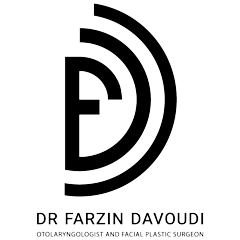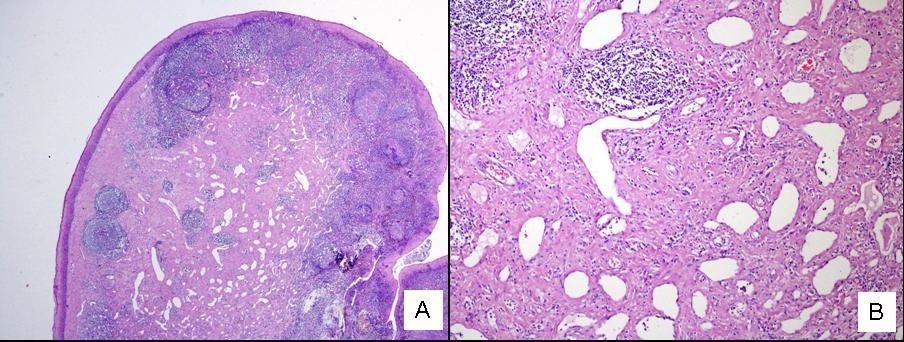Everything You Need to Know About Postoperative Care for Head and Neck Tumor Surgery
Head and neck tumor surgery is a primary treatment method for removing benign or malignant tumors in this region. This surgery is typically performed to excise affected tissues and improve vital functions such as swallowing, breathing, and speech. Following surgery, a recovery period with specific care requirements is essential to achieve optimal outcomes and minimize complications.
Initial Postoperative Care
After head and neck tumor surgery, patients are usually hospitalized for close monitoring by the medical team. This includes pain management, vital signs assessment, and ensuring the absence of immediate complications. During this phase, it’s crucial to adhere to the following guidelines:
- Pain Management: Head and neck surgeries may involve discomfort. Your physician will prescribe appropriate pain relievers, which should be taken as directed to facilitate a smoother and more comfortable recovery.
- Surgical Site Care: Incisions and sutures must be kept clean and dry. The medical team will provide detailed instructions on how to clean and care for the surgical wounds.
- Monitoring Swallowing and Breathing: Post-surgery, some patients may experience difficulties with swallowing or breathing. In certain cases, temporary breathing tubes or assistive devices may be necessary to ensure adequate respiration.
Nutritional Challenges After Surgery
One of the main challenges following head and neck tumor surgery pertains to nutrition and swallowing. Depending on the type and location of the surgery, some patients may have difficulty swallowing food. The following considerations are important during this stage:
- Tube Feeding: In some instances, due to temporary inability to swallow, patients may require feeding tubes to receive necessary nutrients. This method is typically temporary and continues until the patient regains normal swallowing function.
- Soft Diet: After removing the feeding tube, patients may gradually transition to consuming soft foods and liquids. Soft and pureed foods like soups, purees, and yogurt can be consumed easily and help prevent injury to the surgical areas.
- Nutritional Support: Your medical team may involve a nutritionist to assist in developing an appropriate and sufficient diet plan. Maintaining proper weight and nutrition is essential for faster recovery and preventing physical weakness.
Managing Potential Complications
Every surgery carries potential risks, and head and neck tumor surgeries are no exception. Some common postoperative complications include:
- Swelling and Bruising: Swelling around the surgical area is normal and may take several weeks to subside. Applying cold compresses and keeping the head elevated can help reduce swelling.
- Swallowing and Speech Difficulties: In some cases, surgery may lead to temporary or permanent issues with swallowing and speech. Some patients may require physical therapy or speech therapy to gradually return to normal function.
- Infection: There is a risk of infection following any surgery. Keeping the surgical site clean and practicing proper hygiene can reduce this risk. If you notice symptoms such as fever, significant redness, or unusual discharge, contact your doctor promptly.
Returning to Daily Life
Resuming daily activities after head and neck tumor surgery may take several weeks or months. Key considerations during this period include:
- Adequate Rest: Your body needs time and rest to heal. Avoid heavy activities and intense exercise during the initial weeks following surgery.
- Skin and Surgical Site Care: The skin around the surgical area is sensitive and may be easily irritated. Avoid prolonged sun exposure and use protective creams as directed by your doctor.
- Follow-Up Appointments: Regular follow-up visits with your doctor are crucial after surgery. Your physician will assess your healing progress and provide necessary recommendations.
Psychological Support
Head and neck tumor surgery can also have psychological impacts. Changes in appearance, speech, and swallowing difficulties may affect a patient’s confidence and quality of life. It’s important for patients to receive appropriate psychological support and, if needed, connect with a counselor or support groups.
Conclusion
Head and neck tumor surgery is a complex process that requires special postoperative care. By adhering to health guidelines, maintaining proper nutrition, and regularly consulting with your doctor, complications can be minimized, leading to a faster recovery. Additionally, psychological support is essential for coping with the physical and emotional challenges following surgery.









